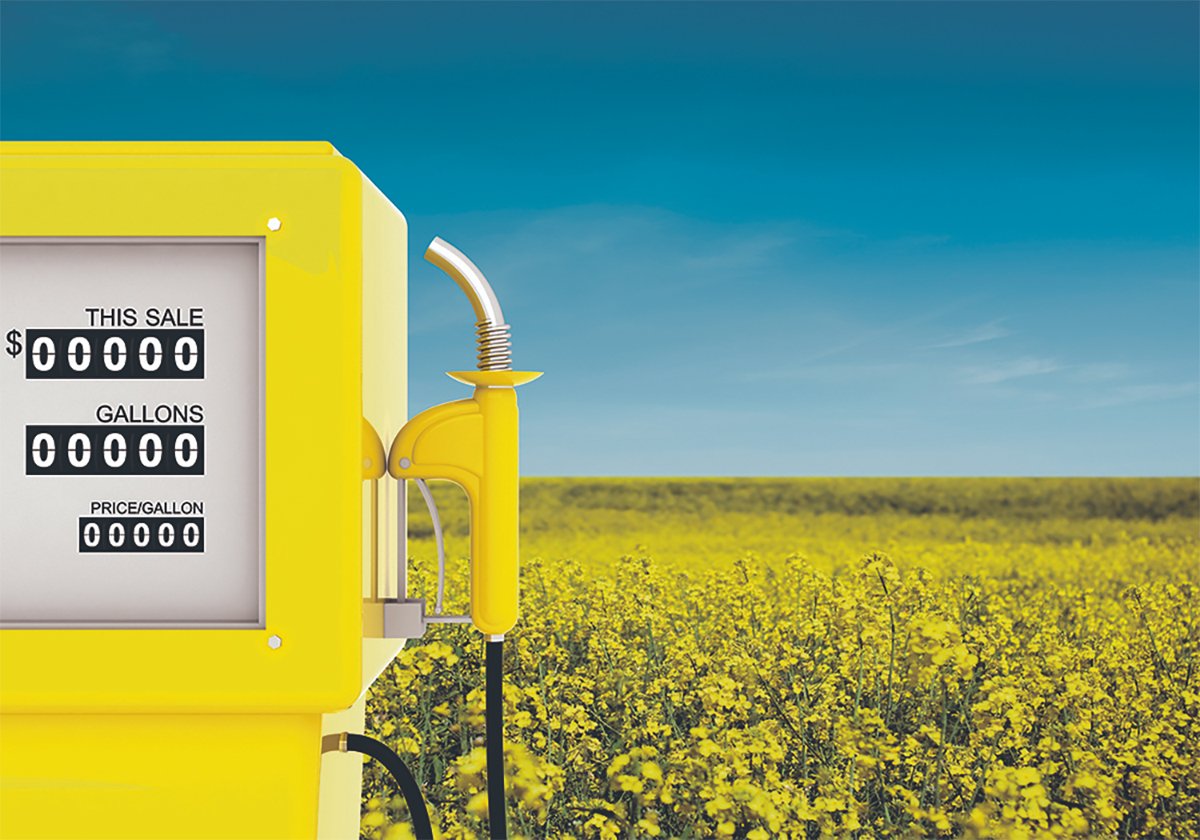India and China trade China’s live cattle imports could rise, but market and technicalities may slow sales
New agreements have been made to sell live breeding cattle to India and China, but it may take some time before shipments begin.
Federal agriculture minister Gerry Ritz said China has committed to buying $4 million worth of dairy bulls per year and India has agreed to about $10 million worth of cattle over the next three years.
He made the announcement during a conference call from India Sept. 22.
Ritz attended the Asia-Pacific Economic Cooperation ministerial meeting on food security in Beijing.
China has also committed to buying more Canadian beef. Exports have increased annually since the market reopened to beef of all classes from cattle younger than 30 months.
Read Also

Biofuel sector happy with federal budget
Advanced Biofuels Canada says new Biofuel Production Incentive is a lifeline until CFR amendments are in place.
Canada exported 6,280 tonnes of beef to China in 2013 worth about $22 million, which is up from 1,572 tonnes in 2012 worth about $4.7 million, according to Statistcs Canada.
Michael Hall of the Canadian Livestock Genetics Association said the agreement to move breeding stock to these countries is good news, but it will take time to implement because bilateral health agreements must be written.
“Once we get the signed health protocol, this is open for business,” he said.
“Industry needs to have their orders in line to make it happen. I think animals will be moving because we have been working on this for quite a while.”
Both countries are interested in importing high performing Holsteins to improve their domestic dairy production. Cattle may be transported on ships but more often they arrive by air.
China is looking at live beef and dairy cattle. Hall said it is a mature, developed market that is politically stable, while India is a developing market.
“They have been a very strong market for embryos and semen, but they have a big demand for live cattle as well,” he said.
David Chalack, international sales manager with Alta Genetics near Calgary, likes the deal.
“We have been able to export semen for some time, but the additional opportunity of embryos and live cattle are significant,” he said.
However, he does not expect a rush to move cattle to Asia.
“On a commercial basis with the tight cattle supply for beef and dairy cattle here in Canada and the high prices combined with high transportation costs, we don’t expect to see significant numbers of cattle moving in those markets,” he said.
Alta Genetics does business in 80 countries and has already sold high performing bulls to South Korea and Vietnam, where they are used in artificial insemination centres.
These customers also require ongoing technical training in genetics work, reproductive performance, nutrition and animal husbandry with an emphasis on cow comfort.
“Technical expertise really falls in the private sector,” Chalack said.
However, the first step is ensuring the Canadian Food Inspection Agency and government have developed bilateral health charts before trade happens.
“That can sometimes be months,” he said.
Ritz also discussed pulse and canola oil trade irritants with Indian officials.
Ritz said India’s food demand is increasing, and Canada could export more.















